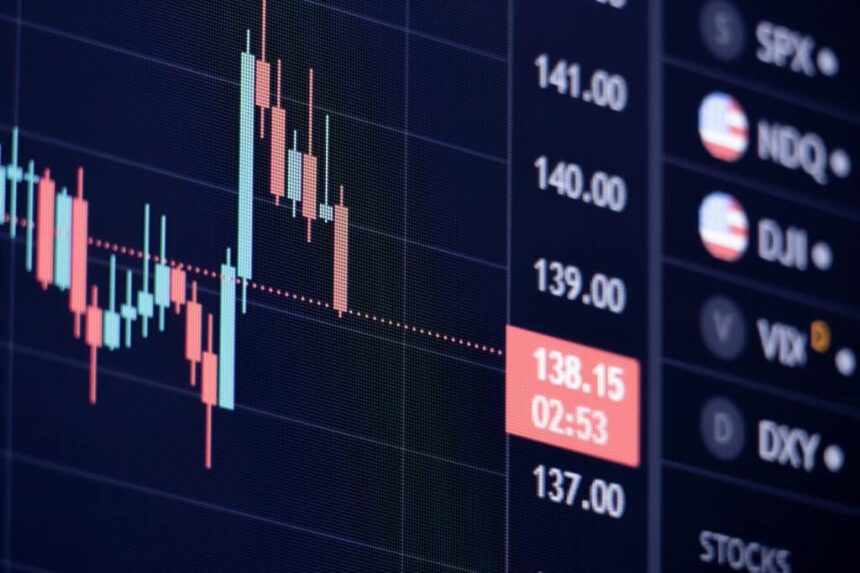Kenya’s Nairobi Securities Exchange (NSE) has recently announced a groundbreaking partnership with DeFi Technologies, SovFi, and Valour Inc. to launch the Kenya Digital Exchange (KDX). This new platform is set to revolutionize the way real-world assets are tokenized and traded in Kenya.
DeFi Technologies and its subsidiary, Valour Inc., are leading Canadian companies that specialize in providing decentralized solutions for traditional capital markets. Together with SovFi, they will be spearheading the development of KDX as a blockchain-powered platform that will enable Kenyan companies to tokenize assets such as equities, debt, funds, and commodities.
One of the key advantages of KDX is that it will bring much-needed government oversight to the tokenization of assets. Unlike assets created on public blockchains like Ethereum or Solana, which operate in a regulatory grey area, KDX will ensure that companies can leverage the benefits of blockchain technology while remaining fully compliant with security trading regulations.
The platform will be built on the Hedera blockchain, a decentralized public network that empowers individuals and businesses to create decentralized applications (dApps). NSE’s participation in Hedera’s Governing Council gives it a voice in the governance of the network, enhancing its role in shaping the future of decentralized finance.
The launch of KDX will unfold in three distinct phases. The first phase will focus on platform design, regulatory compliance, and investor onboarding, paving the way for primary market token issuance. In the second phase, pilot trading and the issuance of exchange-traded products (ETPs) by Valour will be introduced, with plans for listing on the NSE by Q3 2025. The final phase, slated for Q2 2026, will see the full commercial launch of KDX, with revenue generation from trading fees, listing fees, and staking services.
The creation of KDX represents a significant milestone in Kenya’s capital market evolution. However, it also raises important questions about the reliance on foreign decentralized infrastructures to drive financial innovation in Africa. While KDX will be built on the American blockchain network Hedera, Nigerian company Zone is proposing a similar solution that leverages digital versions of local currencies.
As exchange commissions in Nigeria and Kenya show increasing openness to blockchain-powered digital assets and potentially cryptocurrencies, the stage is set for the emergence of entirely new asset classes in Africa’s capital markets. The launch of KDX signals a promising future for the digitization of assets and the democratization of financial markets in Kenya and beyond.








